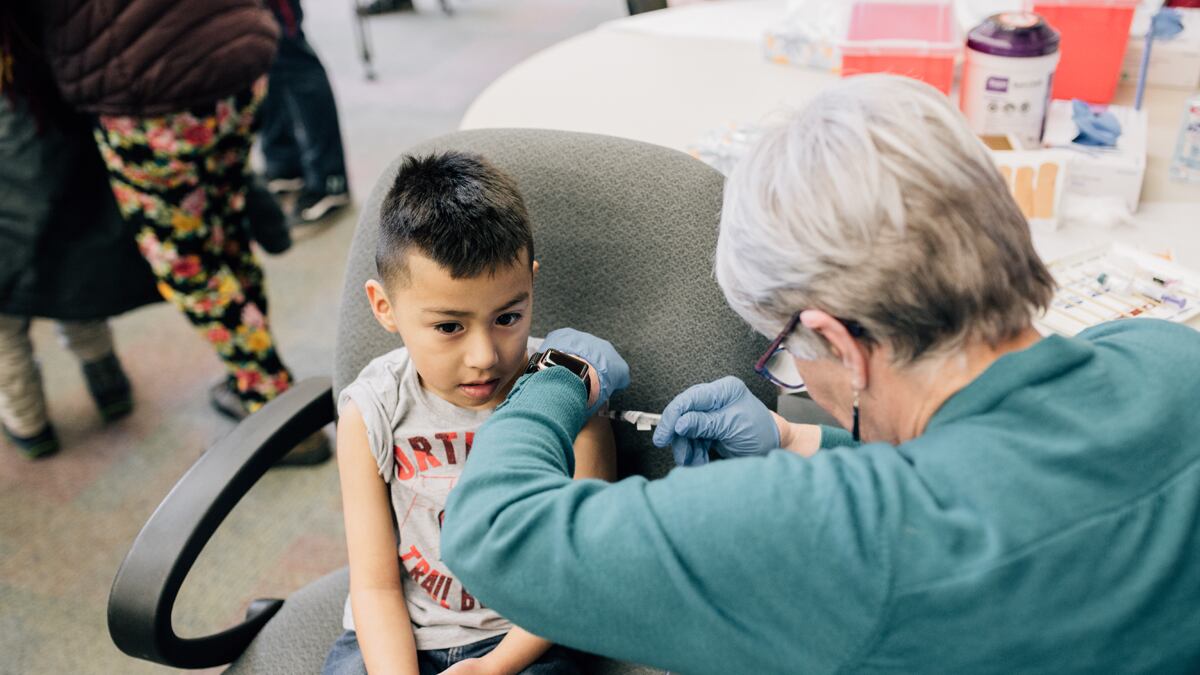Oregon has weathered the pandemic in relatively good health, according to a new report out June 16 from the Commonwealth Fund, a century-old foundation that advocates for better health care policy.
The state scored 14th out of 50 states and the District of Columbia for overall health, judged by a variety of measures, including health care services provided and avoided, and residents’ general health. That’s in the top one-third of the country.
That picture fractures a little on closer examination.
By some measures, Oregon is the picture of good health care, given its long-term policy efforts to improve cost savings in its use of hospitals. But the state earns low rankings by several metrics related to mental health and addiction.
Notably, Oregon’s low vaccination rate for children had risen sharply—at least before the full brunt of the pandemic was felt. But its mental health care for kids had worsened by some measures.
Jason Renaud, secretary of the board for the Mental Health Association of Portland, decries the state’s mental health ratings. “Oregon has been inexcusably last for a long, long time,” Renaud says. “And I haven’t seen it have much of an effect on the sense of urgency on the part of the providers or the government.”
The numbers give an interesting perspective on where Oregonians should expect to see gaps in the health of their fellow citizens.
How Oregon ranked among the 50 states and District of Columbia for best performance on health indicators:
1st
for two measures of hospital use (admissions of patients 18-64 with employer insurance for ambulatory care, and avoidable ER visits by the same group)
10th
for adult obesity
27th
for children overweight or obese
(The problem notably worsened. Oregon went from 22% of children with obesity in 2016-2017 to 32% in 2019-20 while the national average only increased from 31% to 32%.)
13th
for children without all recommended vaccines
(Oregon’s rate vastly improved to 23% in 2020, down from 42% in 2016.)
15th
for children who did not receive needed mental health care
(Oregon worsened from 10% in 2016-17 to 16% in 2019-20.)
39th
for suicides per 100,000
43rd
for adults with any mental illness reporting unmet need (29%)
44th
for alcohol-related deaths per 100,000
